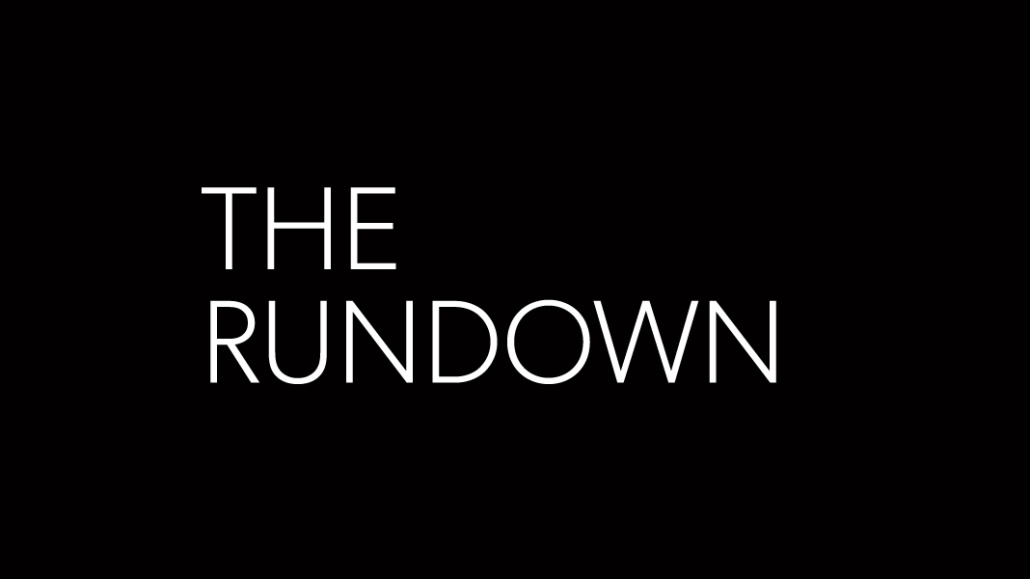Secure your place at the Digiday Media Buying Summit in Nashville, March 2-4
The Rundown: Signs point to BuzzFeed’s conscious uncoupling from news

BuzzFeed continues to insist it is committed to news. Jonah Peretti, a recent guest on the Digiday Podcast, reaffirmed the company’s commitment to journalism and impact that gives the publisher.
And yet, moving BuzzFeed News to its own domain, with its own new design and branding, certainly looks like a first step to jettisoning the division. There’s been talk of this since news leaked in February that Ben Smith was taking meetings about finding a separate owner for BuzzFeed News. BuzzFeed denied that was the case, but that’s typical even if that is absolutely the case.
Fueling the case for separating News is the fact that it isn’t carrying any of BuzzFeed’s core monetization product, native posts. BuzzFeed is running several native campaigns on its own site right now. But none of them are on BuzzFeed News. For all of marketers talk about purpose, they increasingly want nothing to do with the horror show of mass shootings and accusations of presidential treason that dominate news sites these days. Brand safety has become like fake news: it is a flag to wave in ways far beyond its original meaning in order to suit an array of interests.
Instead of native ads, BuzzFeed News is reliant on programmatic inventory. But it’s hard to see how this will result in a sustainable business for an admirably ambitious news organization like BuzzFeed News, which has broken major stories recently.
The likely path to a sustainable model would include a membership program, which Peretti all but ruled out for BuzzFeed when speaking on the Digiday Podcast. As a standalone site, without the high-traffic fluff like “The Best Homemade Pizza You Will Ever Eat” and “19 Childhood-Ruining Tumblr Posts About Disney You’ll Never Be Able to Unsee,” BuzzFeed News would firmly be in the middle rung occupied by the likes of the Daily Beast, which has implemented a membership program to supplement ads — and fund its similarly ambitious reporting agenda.
On the open market, BuzzFeed News would join other assets up for sale. Univision is in the process of unloading its ill-fated acquisition of the former Gawker Media properties. The valuation of those will be closely watched, as Univision is unlikely to fetch the $135 million it paid for the properties two years ago. Many in journalism cheered the Quartz acquisition by Japanese company Uzabase. The multiples there were a middling 2.5x, using the middle range of the $75 million-$110 million purchase price (based on future results). That’s a far cry from the heady days of 2015, when Business Insider sold for a whopping 6x multiple. And it’s telling that the deal was led by Quartz rolling out subscription products, which it is already hiring for.
As Peretti himself said, media is now in a long grind to find a way to sustainability on its own by cobbling together several revenue sources rather than relying on a silver bullet of native ads or platforms suddenly cutting big checks for “distributed media.”
More in Media

Media Briefing: Turning scraped content into paid assets — Amazon and Microsoft build AI marketplaces
Amazon plans an AI content marketplace to join Microsoft’s efforts and pay publishers — but it relies on AI com stop scraping for free.

Overheard at the Digiday AI Marketing Strategies event
Marketers, brands, and tech companies chat in-person at Digiday’s AI Marketing Strategies event about internal friction, how best to use AI tools, and more.

Digiday+ Research: Dow Jones, Business Insider and other publishers on AI-driven search
This report explores how publishers are navigating search as AI reshapes how people access information and how publishers monetize content.





